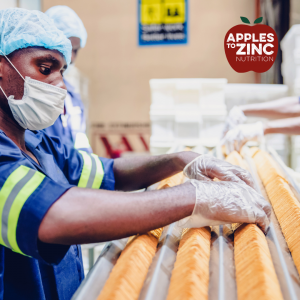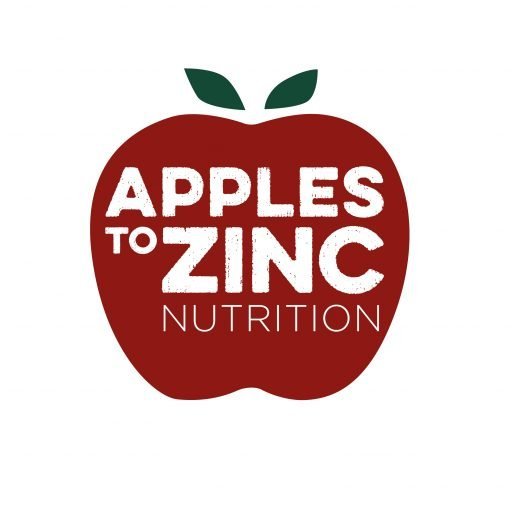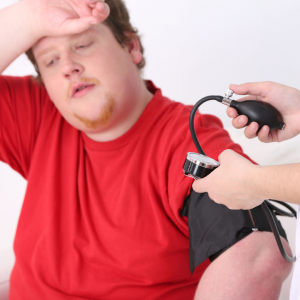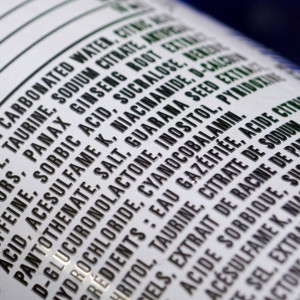There is an increasing number of newspaper articles and mentions on social media about Ultra Processed Foods (UPFs). There are headlines quoting a GP saying “Ultra Processed Foods are to blame for half the patients I see” or others stating “Ultra Processed Foods Make Britain the Sick Man of Europe”. I have even seen some saying “Ultra Processed Foods Link to Over 30 Illnesses”.
These are some seriously alarming headlines.
In this blog I am going to explain
#1: WHAT ARE ULTRA PROCESSED FOODS
UPFs are typically foods that have added ingredients in them that have either been man made or are processed in a way that means the food has become damaging to health. Examples of added ingredients include artificial sweeteners, emulsifiers, stabilisers, preservatives, commercially produced oils and modified starches, flavourings and colourings.
Ultra processed foods are typically breads, breakfast cereals, ready meals, flavoured crisps, fizzy drinks and sauces…..but these ultra processed ingredients can be lurking in a lot of places you wouldn’t except too!
According to Touvier et al, 57% of the UK’s food intake comes from this type of food. This is the highest levels in Europe and only beaten by the states at 58%

#2 WHY DO WE HAVE ULTRA PROCESSED FOODS
Ultra processed foods have the benefit of being cheaper for the consumer, quick and convenient to use, can be tasty and have a long shelf life on them versus fresher whole foods. That makes them very appealing. From a manufacturer point of view it means they are often more profitable and the manufacturing and transport timelines aren’t as short and intense.
So, with this in mind it seems like ultra processed ingredients are quite beneficial. But that is only a small part of the bigger picture.
#3 THE POTENTIAL ISSUES WITH ULTRA PROCESSED FOODS
One of the main issues with ultra processed foods is that they are often devoid of real foods and all the great vitamins and minerals that come from eating a diet that in rich in whole foods. They are often high in calories, sugar and fats.
A second issue is that these foods are often manufactured to be desirable and are “created” with the perfect ratio of fat, salt and sugar that make them highly addictive. This usually means over consumption and we end up eating even when we aren’t hungry.
Nutrition studies are notoriously challenging. It is very hard to account for gender, genetics, social demographics, and other significant variables. Quite often one person experiences adverse effects with certain foods and another will “get away with it”. That said, it is hard to escape the mounting evidence that ultra processed foods are damaging our health.
A very recent study by Lane et al reported in the BMJ has reviewed 45 studies which in total comprises almost 10 million participants. That is pretty significant! Their results link exposure to UPFs to poor mental health, type 2 diabetes, obesity, cardiovascular disease, and all-cause mortality. They also see suggestive evidence linking with sleep disorders, cancers, and wheezing. So, these foods appear to be an issue for many elements of health. It seems the body sees them as harmful or useless and, depending on the amount consumed and certain unique factors, may damage these body systems. It appears the body cannot adapt to these chemicals.
#4 HOW TO TELL IF A FOOD IS ULTRA PROCESSED
The easiest way to tell if a food is ultra processed is to look at the ingredients list. Most of the ultra-processed ingredients will not be pronounceable or be the type of ingredient you could buy if you were home baking.
To give an example using bread:
If you were making bread at home, you would typically use wheat, salt, fresh yeast and water
A standard “squidgy” white loaf in a supermarket might have these ingredients:
Fortified British Wheat Flour (Wheat Flour, Calcium Carbonate, Iron, Niacin, Thiamin), Water, Yeast, Salt, Rapeseed Oil, Spirit Vinegar, Preservative: Calcium Propionate; Soya Flour, Emulsifiers: Mono- and Diacetyl Tartaric Acid Esters of Mono- and Diglycerides of Fatty Acids, Mono- and Diglycerides of Fatty Acids; Palm Oil, Flour Treatment Agent: Ascorbic Acid.
You can see that it is harder to pick out the ingredients that are actual food items. There are many ingredients here and it is impossible to understand their purpose. Seeing all those weird chemical names is eye opening and perhaps helps you to realise why, as a nation, we are getting sicker.
#5 HOW TO REDUCE UPFS IN YOUR DIET
Completely eliminating these ultra processed foods from our diet would be a huge challenge. These products are well stocked, well-advertised and highly available. For me, it is about reducing exposure as much as possible for you and the whole family. Any reduction is likely to benefit health.
Option 1
Cooking as many meals and snacks from scratch using real raw ingredients is the easiest way to significantly reduce levels. We do not all have lots of cooking skills or spare time to spend in the kitchen so for some this is not a great option. If you do ever get some spare time, I always suggest batch cooking and freezing foods to help when you are busy.
Option 2
An alternative is to make simple swaps. There are a lot of foods already on the supermarket shelves that are not as full of ultra processed chemicals and these are better options to pop in the trolley. Quite often small companies, local companies and ethical companies have better products so look out for those.
My solution to help you!
I have developed a course to really help you to reduce intake. The course helps you to deepen your understanding of UPFs, to really understand what you are looking for and gives you an ever-growing list of simple swaps for some of your favourite products. The course contains modules that you can listen to in your own time and there is even a Facebook Community Group for the course so that you can ask questions in a safe place as you learn how to make changes that work for you.
Quitting Ultra Processed Foods is available to buy using this link and, for the whole of March 2024, the 10OFFUPF discount code will give you £10 off the RRP which is currently £39
So, there you have it. Ultra processed foods are not benefiting our health and we really need to start taking control of the situation ourselves and start to reduce our own exposure. Making small and consistent steps is all you need to start the process and pave the way for better health
Please just take that first step and keep taking them one at a time after
Janet x


